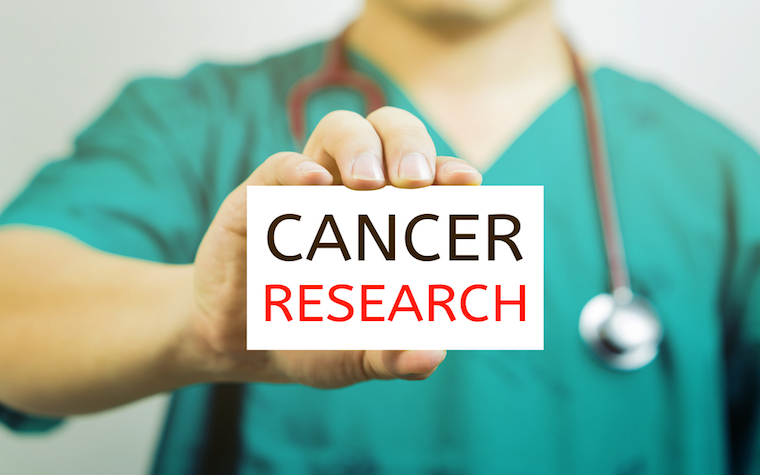
Researchers at the National Cancer Institute, the University of Utah and the American Cancer Society recently conducted a study to show that U.S. patients who have HIV infections are not as likely to receive treatments for cancer.
This is the first study to connect the association between lack of cancer treatments and HIV infections. Other similar studies have shown this connection as related to other health conditions or insurance status issues.
The morbidity and mortality rates for cancer have grown, particularly for people who have HIV infections. For this population, cancer rates have risen, especially after health professionals introduced highly active antiretroviral therapy (HAART).
As of today, cancer is the second leading cause of death of people who have HIV infections; the leading cause of death is AIDS.
This means that resolving the health discrepancy needs to become a major priority for health professionals.
“Cancer care providers and policy makers need to devote special attention to the HIV-infected patient population to understand and address the factors driving differential cancer treatment,” the authors of the study said. “Cancer treatment not only extends survival from cancer but also can improve quality of life, even for patients with advanced stage disease. The observed disparity is of particular importance given the extended survival of HIV-infected patients treated with antiretroviral therapy and the rising number of cancer cases.”